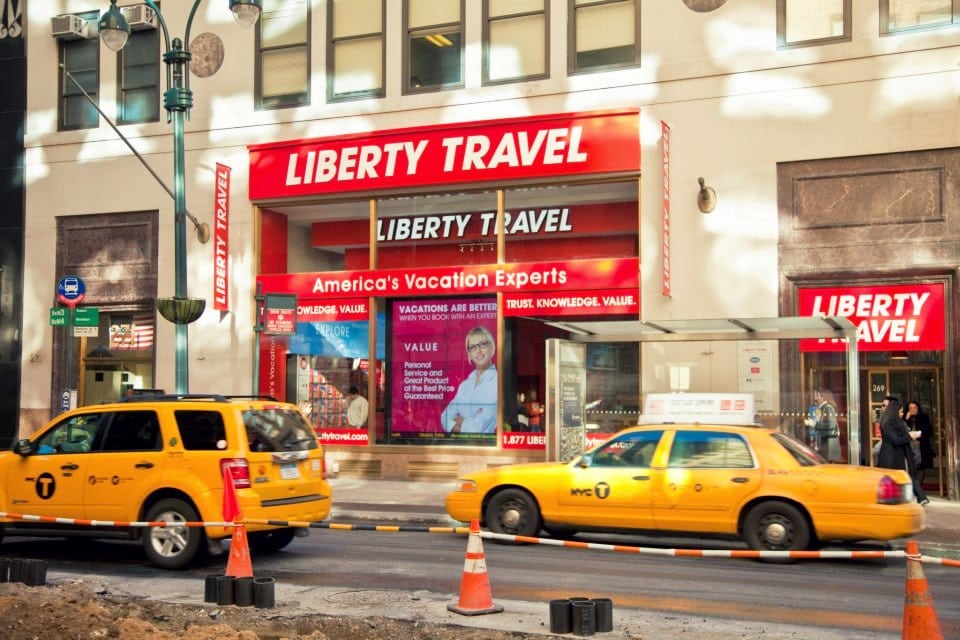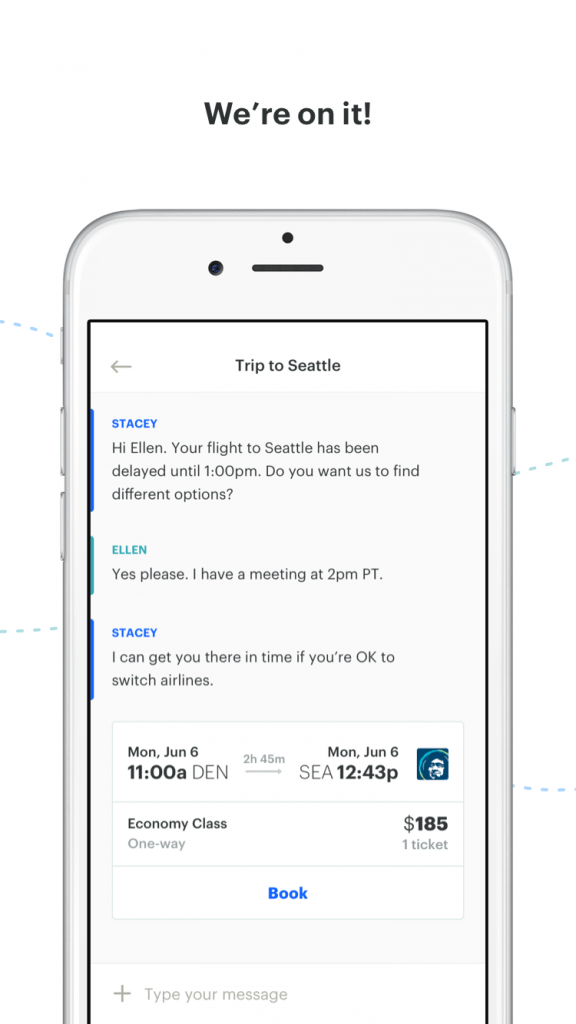Skift Take
Are travel agents being leveraged to serve as teachers for machine learning artificial intelligence? Time will tell.
Last week we launched the latest report in our Skift Trends Reports service, The Travel Agent of the Future.
In this report, we look at new developments that travel agents are approaching, and take a specific look at new apps allowing agents to increase their audience beyond their local retail customers. Will these apps help agents in the long-term, or will they just increase customer’s habit of doing everything through digital channels?
Below is an excerpt from our Skift Trend Report. Get the full report here to stay ahead of this trend.
At the forefront of these new travel agent messaging apps is Lola, the newest venture of Kayak co-founder Paul English, who listed “a rapid shift to messaging as the preferred mode of communication” and “increased discretionary spending to experiences and premium services vs. luxury goods” as two of the trends that motivated Lola’s creation. The app connects members with a team of travel consultants. Members simply message what they are looking for and agents provide suggestions accordingly. Members can then book directly through the app and while it’s currently free to its small group of invited members, the company will likely start charging for the app in the future.
Preview and Buy the Full Report
“We saw a number of key trends including advances in AI and natural language understanding [NLU] that opened an opportunity to create an entirely different platform for travel,” explains English. “We believe humans have to lead the premium service we’re creating, with AI and NLU supporting them.”
Lola might be the most visible human-powered travel app, but it certainly isn’t the only one. Contenders include Pana (formerly Native), which is currently a two-tiered paid service, with rumors that the company might switch to a “freemium” model in the near future. Kayak has also forayed into the space with the launch of the beta (and, currently, free) version of Snap, an SMS-based service that uses a mix of AI, the Kayak search engine, and real people to answer users’ requests over text.
Although these apps look promising at first glance — particularly for those who value personalized experiences or who find the process of DIY travel booking arduous or daunting — time will tell whether consumers will be willing to pay a premium to use them. However, if the success of concierge apps that empower users to outsource chores and errands for a fee is any indication, consumers may be ready to pay for agent-powered travel apps. Membership and fee-based revenue streams may be crucial to the success of such apps in an era where reduced commissions from airline and hotel bookings have resulted in shrinking margins for agents.
Preview and Buy the Full Report
Subscribe now to Skift Trends Reports
This is the latest in a series of twice-monthly reports aimed at analyzing the fault lines of disruption in travel. These reports are intended for the busy travel industry decision maker. Tap into the opinions and insights of our seasoned network of staffers and contributors. Over 100 hours of desk research, data collection, and/or analysis goes into each report.
After you subscribe, you will gain access to our entire vault of reports conducted on topics ranging from technology to marketing strategy to deep-dives on key travel brands. Reports are available online in a responsive design format, or you can also buy each report a la carte at a higher price.
Get Skift Research
Skift Research products provide deep analysis, data, and expert research on the companies and trends that are shaping the future of travel.
Have a confidential tip for Skift? Get in touch
Tags: digital, research reports, travel agents
Photo credit: A traditional travel agency in New York City. A new generation of travel agencies has one foot in brick and mortar and the other in digital. Liberty Travel

